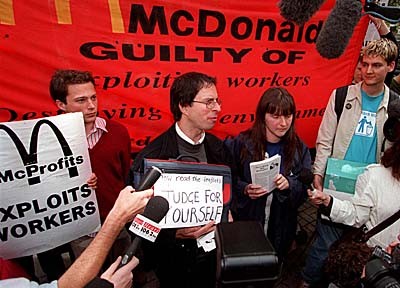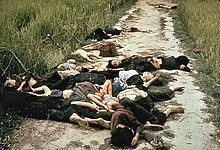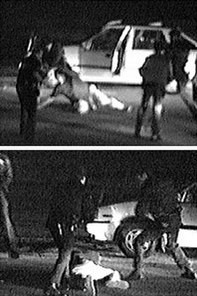Alright – so today we’ve got the honor of introducing you to Brian Martin. We think you’ll enjoy our conversation, we’ve shared it below.
Brian, thanks for taking the time to share your stories with us today Let’s talk about innovation. What’s the most innovative thing you’ve done in your career?
Beginning in the 1970s, I became involved in the movement against nuclear power and then the peace movement, and later started studying what makes people upset about injustice. In the early 2000s, I was studying what happens when police or troops assault peaceful protesters, for example when in 1991 East Timorese protesters were shot by Indonesian troops. In some cases, these assaults generate enormous adverse publicity and are counterproductive for the attackers. That’s what happened as a result of the Dili massacre, a turning point in the East Timorese struggle for independence. But sometimes there is no backlash, for example during the killings in Indonesia in 1965-66. Why not? I developed an original model of tactics that can help explain what goes on in a wide range of injustices, from sexual harassment to genocide (https://www.bmartin.cc/pubs/backfire.html).


As always, we appreciate you sharing your insights and we’ve got a few more questions for you, but before we get to all of that can you take a minute to introduce yourself and give our readers some of your back background and context?
I did my PhD in theoretical physics at the University of Sydney in the early 1970s and then worked in applied mathematics for a decade at the Australian National University. My position ran out and I was lucky to be able to move into social science at the University of Wollongong, Australia, where I’ve been ever since. Throughout this time, I did academic teaching and research and, on the side, participated in social movement initiatives and wrote about social issues. I became interested in the suppression of dissent, when someone is attacked because of their dissident views, and have been active in Whistleblowers Australia, a whistleblower support organisation, since it was formed in the 1990s. My clients, if you like, are activists and citizens. I try to offer ideas and advice to help people be more effective in opposing injustices like corruption and war.
How do you keep your team’s morale high?
Since the 1980s, I’ve been regularly threatened with legal actions for defamation by people who don’t like what I’ve written, but luckily never sued. In 1996, to provide information to others, I wrote a leaflet titled “Defamation law and free speech” (https://www.bmartin.cc/dissent/documents/defamation.html). As a result, hundreds of people have contacted me for advice concerning defamation. Most are worried about being sued. Others have been defamed and want to restore their reputations. Defamation law is regularly used to silence critics, but it’s very poor at protecting reputations, although that’s its rationale. A colleague and I investigated cases in which defamation threats and actions backfired, hurting the reputation of the person who made them. My advice to teams, indeed to anyone: do not try to silence critics, as you may make things worse for yourself. Instead, welcome critics, engage with them, learn from them and establish a reputation for openness.


Let’s talk about resilience next – do you have a story you can share with us?
After developing my model of tactics against injustice, called the backfire model (https://www.bmartin.cc/pubs/backfire.html), I was less afraid of being attacked, because I thought I knew how to respond effectively. In 2016, this was put to the test. One of my PhD students had just graduated, and there was a front-page story in a national newspaper attacking her thesis, her, me as her supervisor and the University of Wollongong for allowing her to graduate. It was the beginning of a campaign. There were additional media stories, a petition, a Twitter campaign, rewriting of Wikipedia entries and other efforts to discredit my student (https://www.bmartin.cc/pubs/17ijei.pdf). I was prepared, and senior university officials were also prepared, to defend academic freedom. The attacks didn’t bother me emotionally. Instead, I enjoyed the experience, collecting lots of information about the attacks that I used in subsequent publications. After all, I’m a social scientist who studies suppression of dissent, and I was at the centre of the biggest attack on a PhD student I had ever heard about anywhere in the world. Exciting!
Contact Info:
- Website: https://www.bmartin.cc
- Other: Blog: https://comments.bmartin.cc Email: [email protected]


